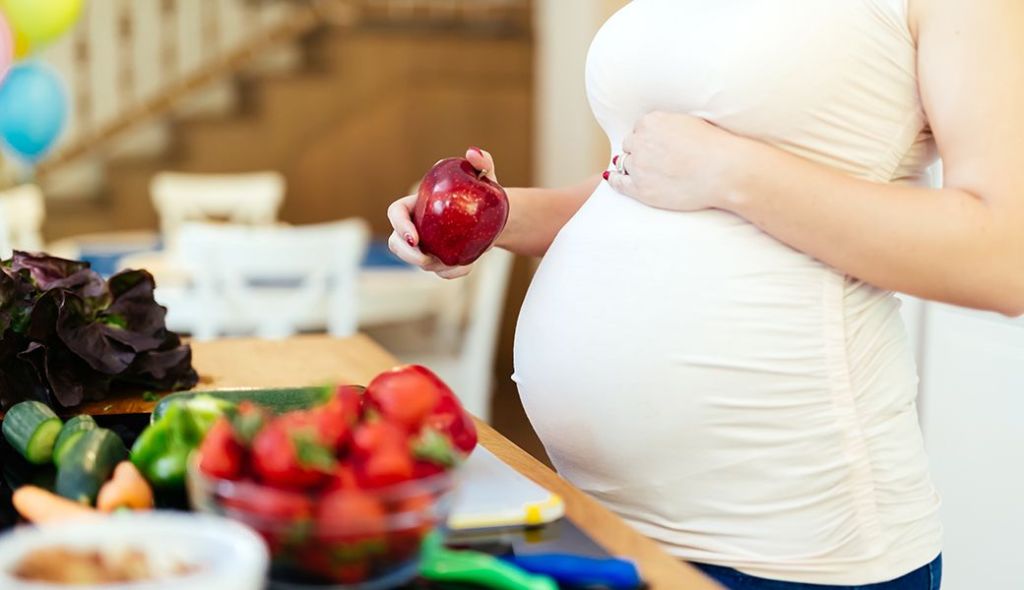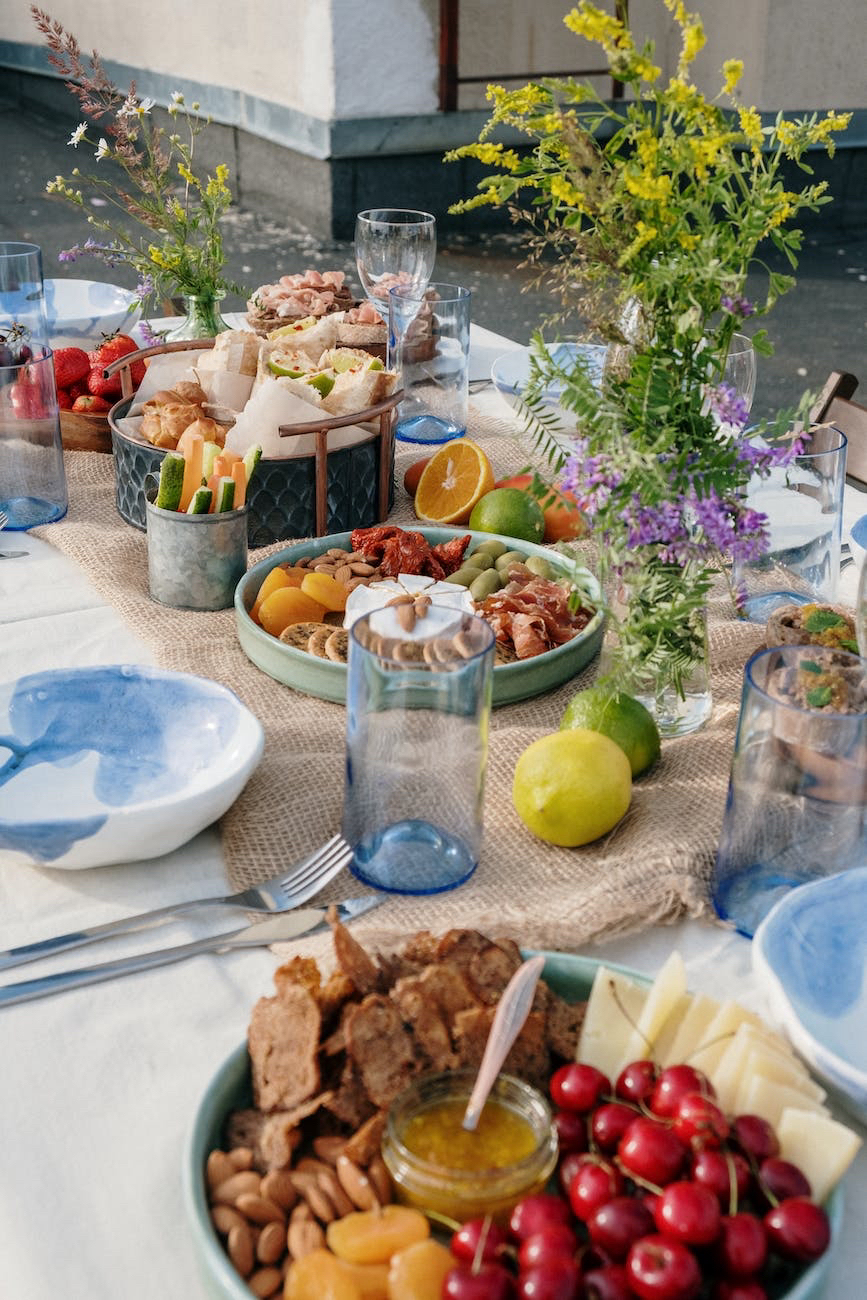Bringing a new life into this world is an exciting experience and one which requires a close look at good nutrition for both you and your growing baby. Pregnancy places extra nutritional demands on your body. You need more protein and nutrients, particularly iron, folate, iodine, and zinc. Contrary to the old adage “eating for two,” pregnancy doesn’t mean eating twice as much. Surprisingly your energy needs increase only slightly during pregnancy so the focus is eating nutrient rich foods and making sure every mouthful counts. Research has shown that the food a mother eats during pregnancy can affect the development of her baby, and may also affect the baby’s health later in life.
Here are certain do’s and don’ts of pregnancy nutrition :
Do’s
- Eat More Calcium : Sources are leafy green veggies, legumes, seeds, fortified milk etc.
- Get More Vitamin D : Sources are through sun exposure and fortified milk.
- Double Iron Intake : Sources are green veggies, whole grains, and animal products.
- Increase Zinc : Sources are legumes, nuts, whole grains, and animal foods.
- Include B12 : Sources are animal foods and supplements.
- Get Enough Folic Acid : Sources are green veggies, fortified foods and legumes.
- Increase Protein Intake
Don’ts
- Do not overdo on fish.
- Do not consume alcohol and tobacco.
- Do not eat cured or deli meats.
- Do not consume raw eggs or seafood.
- Do not use artificial sweeteners.
- Do not consume empty calories.
Choosing a safe and healthy diet during pregnancy is beneficial to you and your baby. A varied diet including the five food groups with plenty of fruit and vegetables and 3 serves of dairy foods every day can help provide the essential nutrients needed at this special time of life. For personalised dietary advice consult your doctor or dietitian.






Leave a comment